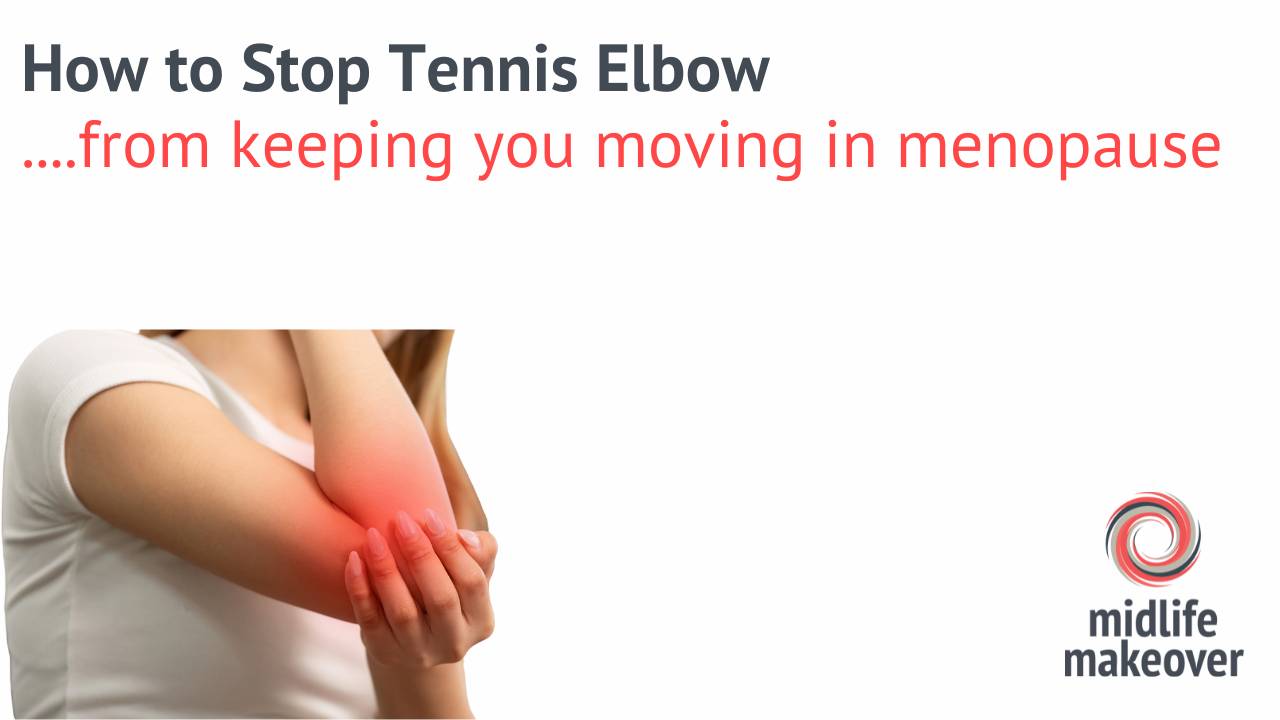Warning Signs of a Heart Attack in Women: How to Recognise Them
Feb 13, 2023Women often have different symptoms from men when it comes to a heart attack.
Discover what these signs and symptoms look like and learn how to respond accordingly.
A heart attack can happen to anyone, regardless of gender. Many people assume that Heart Attacks are more prevalent in men and as such, they don't have to worry too much.
The truth is, the risk of heart disease increases dramatically as a women goes into peri-menopause and them menopause.
This is due to the fact that the Oestrogen which is produces in the ovaries, helps to protect the heart,
- It increases the levels of HDL that's the 'good cholesterol'
- It decreases the levels of LDL - the 'bad cholesterol'
- Relaxes and dilates blood vessels to increase blood flow
Plus of course it has multiple other functions in the body.
Once Oestrogens levels are diminished post menopause, the risk of Heart Disease increases making it one of the biggest causes of death for women over 60.
However, symptoms of a heart attack in women can differ from those experienced by men. It’s important to recognise the warning signs of a heart attack so you know when and how to seek medical attention for yourself or someone you love.
Pain in the jaw and upper back
In addition to chest pain, women often experience other symptoms that can include discomfort in the jaw, neck and back. Pain may also occur down one or both arms.
This type of pain is usually described as a dull ache and can be persistent or come and go. It is important to seek medical attention if you experience any of these pains, especially if it comes on suddenly or with other typical heart attack symptoms.
Shortness of Breath, Nausea and Lightheadedness.
Shortness of breath, nausea, and lightheadedness are all common warning signs of a heart attack, but many women don't display all of these.
Shortness of breath can present itself in the form of difficulty catching your breath or feeling like you can’t get enough air.
Nausea may occur with or without vomiting but women often report feeling gaseous or 'belchy' this may accompany feelings of lightheadedness.
If any of these symptoms occur along with other symptoms—such as chest pain—it is important to seek immediate medical attention.
Cold Sweat, Fatigue and Palpitations.
Along with the more commonly known symptoms, women are also likely to experience cold sweat, fatigue and palpitations before or during a heart attack. Cold sweat may occur without accompanying chest pain but usually occurs alongside nausea and lightheadedness. Fatigue can happen for no apparent reason or in combination with other signs like shortness of breath as well as an increase in heart rate, which is known as palpitations.
If you’re experiencing any of these symptoms and think it might be a heart attack, don't wait - get medical help immediately.
Unusual Anxiety or Sense of Impending Doom.
In some cases, a heart attack can cause an almost overwhelming sense of anxiety that is out of proportion to your current environment. Many women cite anxiety as a common symptom of menopause so it can be a challenge to work out if this is a 'new' type of anxiety.
A sense of imminent danger or doom may be accompanied by shortness of breath and rapid breathing that often leads to exhaustion. If you start to feel anxious for no apparent reason, trust your gut and have someone take you to the nearest emergency room – it could save your life.
Women don't rush to hospital!
You may not be surprised to know that women don't rush off to the hospital at the first hint that something might be wrong. The longer it takes for a patient to get initial treatment in the case of a heart attack, the less likely that the outcome will be favourable.
Men will take between 84 minutes to 3hrs and 30 minutes from the time they suspect something is amiss.
Women take 1hr 45 minutes up to 7hrs 12 minutes!
So ladies - don't just finish your day at work, empty the dishwasher or make supper for the family, please get yourself checked out - it might just save a life!
Prevention is better than cure!
Whilst we know how serious heart disease is for women, we also know how simple lifestyle changes can make a huge difference to the risk of becoming a statistic.
We don't need to turn into exercise fanatic who live on a carb free, fun free diet to do this either.
Just making a few tweaks to your day will, over time, pay off.
Lifestyle tips to protect your heart:
- Reducing day to day stress levels.
- Adding more movement to your day.
- Adding the right type of resistance exercise into your week.
- Reducing salt levels
- Staying hydrated - drinking 2 litres of water each day
- Avoid 'beige' food and opt instead to eat a Mediterranean style diet which is rich in plants.
What else?
Hormone Replacement Therapy will replace some Oestrogen, and for women in early menopause, is important to be factored in to prevent Heart Disease but not all women can take it, or wish to, in which case lifestyle changes and preventative treatment are vital.
To understand more about all aspects of Menopause Health, sign up for my FREE 7 day Menopause Advice course which covers these topics:
Day 1 - Peri-Menopause and Heart Health
Day 2- Peri-Menopause and Gut Health
Day 3 - Peri-Menopause and how to sleep better.
Day 4 - Peri-Menopause and your pelvic floor
Day 5 - Peri-Menopause and your muscles and bones
Day 6 - Peri-Menopause and why lifestyle matters
Day 7 -Peri-Menopause and HRT






